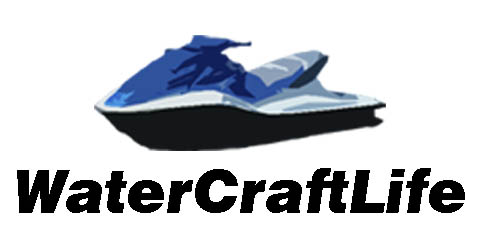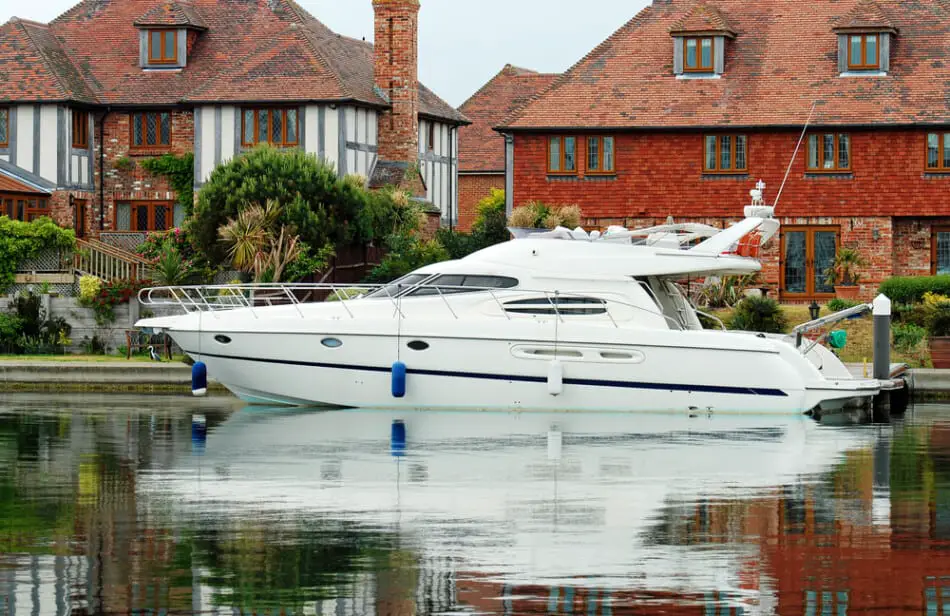If you are unfamiliar with yacht certification, you are encouraged to learn more about what it means and why it is so important for both current and prospective boat owners.
The term “Yacht Certified” refers to a quality control process governed by the NMMA, an organization that ensures that yachts and boats are constructed to industry standards. As many as 90% of boats currently on the water in the U.S. carry an NMMA certification placard.
The NMMA certification process serves to remove these headaches by requiring participating manufacturers to pass physical inspections.
What Does Yacht Certified Mean?
Yacht certification is handled by the National Marine Manufacturers Association (NMMA). The program is designed for manufacturers, so that they may show prospective boat buyers that the vessel has been built to meet or exceed the standards of the American Boats & Yacht Council (ABYC).
Every model of a manufacturer’s fleet must be inspected annually for Yacht Certification. If a company decides to participate in the NMMA program, they run every design plan by the organization and continue to produce vessels that meet these same standards.
What Are the Standards?
Standards are applied to the critical components of the yacht so that consumers know that they are purchasing a boat that has passed an extensive physical inspection. The following components are emphasized during the inspection process:
- Bilge pumps
- Bilge blowers
- Fuel hoses and tanks
- Horns
- Lights
- Steering parts
How Do Boats Qualify to Be Yacht Certified?
To meet the definition of a yacht, the boat must be 26 feet or longer. The NMMA does build capacity tags for boats shorter than 26 feet, so the certification process indeed covers a wide range of vessels.
Manufacturers apply for certification on their behalf and pay annual membership fees. They must also meet inspection filing deadlines once they have become NMMA members. As such, membership in the Yacht Certification program shows that a company is determined to meet or exceed industry standards.
How Do You Know A Boat Is NMMA Certified?
You will know a boat is Yacht Certified if you see a sticker showing “NMMA Certified using ABYC standards.” This will be located overtop either the capacity or yacht plate at the helm of the boat. You can ask your dealer if you don’t happen to notice the placard. If you go to a boat show, you may notice a directory that explicitly shows which boats among the lineup are NMMA certified.
Why You Would Want Yacht Certification
Prospective buyers can take advantage of the NMMA certification program as a way to ensure consistent quality across the board, regardless of manufacturer. For new owners, it is challenging to shop for boats. Prospective buyers don’t usually get to take a boat for a test drive, as they would with a vehicle.
Approximately 90% of all boats currently on the water in the United States are certified by the NMMA. From a manufacturer’s perspective, it is an excellent way to build trust with consumers.
Safety Standards of a Yacht Certified Boat
Since you won’t generally be able to go for a test drive, it’ll give you peace of mind to know that a vessel is a yacht certified by the NMMA. Research has shown that NMMA-certified boats are seven times less likely to receive safety recalls than non-certified boats.
While it’s true that the U.S Coast Guard inspects every new yacht for safety, the NMMA certification is an expansion of the standard federal inspection checklist. There aren’t any Coast Guard requirements for steering systems, storage batteries, or exhaust systems, among many other components.
Passenger Capacity on a Yacht Certified Boat
Recreational vessels longer than 26 feet in length are excluded from passenger capacity and stability standards. In smaller boats, you’ll notice marked placards somewhere along the interior, which clearly states passenger capacity and the maximum allowable weight.
Equipment Issues Can Be Hard to Diagnose
Just as is the case with cars and trucks, boat issues can be hard to diagnose. When you finally land your dream boat, the last thing you want on your hands is a mechanical issue that’ll land it in the shop for several days, if not weeks.
There are thousands of trained technicians who can determine whether a given component passes the ABYC test. If there are any issues, they can be resolved immediately while the vessel is still at the factory.
One of the many categories inspected to meet ABYC standards is electric wiring. This is significant because marine electrical systems are susceptible to a host of complicated problems, including bad connections, improper inverter installations, and poor choices for conductor materials.
Quality Assurance
The regulations of NMMA Yacht Certification state that participating manufacturers must have at least one staff member who is knowledgeable about ABYC standards. Participating staff must attend training sessions and successfully pass exams testing their level of competency.
As a prospective buyer, you’ll know that any craft that is NMMA Yacht Certified has been constructed under the guidance of a trained industry expert. This provides manufacturers with a convenient process for quality assurance.
Consistency
Every year manufacturers update their fleet to include new technology. There is no way of knowing the actual consequences of such modifications unless the boat is tested and approved by an independent technician.
The NMMA yacht certification program requires manufacturers to ensure that their boats are up to code every model year, even if no significant modifications have been made to the design schematic.
Consumer Satisfaction Index (CSI)
The Yacht Certification program provides makers with an established structure for tracking customer feedback. At the very least, companies must send their customers a census-type survey within the first 12 months of ownership. The NMMA then asks that the survey results are tabulated and forwarded up the chain to the manufacturer’s internal management.
Members also have the option to take part in the Marine Industry Customer Satisfaction Awards. This is a great way for prospective buyers to continuously view the top-rated brands and dealerships from this page.
How Long Do Yacht Certifications Last?
Certification inspections take place at the factory where the boats are originally manufactured. The dealerships do not generally take part in any certification process, so it’ll be more challenging to determine whether a used boat is up to code. You may find out that the vessel was originally Yacht Certified, which certainly helps with models that haven’t seen too much wear or tear.
Manufacturers provide owners with certification programs confirming the quality of used boats. Membership in such services involves having the yachts routinely maintained by certified technicians. The incentive for owners to enroll in such programs is that this coverage should help boost the resale value of their yacht.
Are There Any Other NMMA Certifications?
The NMMA has certification categories for many different types of watercraft, including personal watercraft. The organization also helps ensure that boat trailers are manufactured per code. Boat trailer inspections emphasize trailer and tire capacity ratings, brakes, and hand winches, among other critical components, to provide owners with peace of mind while they transport their prized possession.
Final Thoughts
Yacht Certification is a manufacturing quality vetting process hosted by the National Marine Manufacturers Association (NMMA). The standards are established under the guidance of the American Boats & Yacht Council (ABYC).
The advantage of the certification process is that consumers can be assured that the critical components of the boat have been inspected by a trained representative of an independent organization, a true neutral party.


